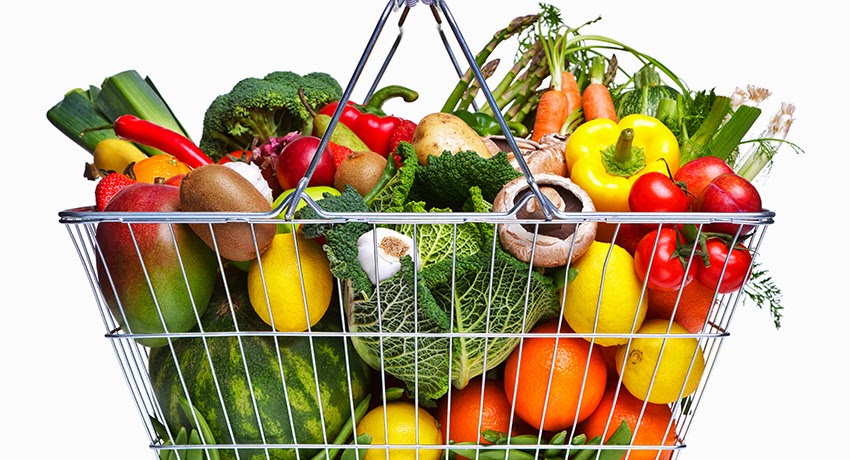Foods that Makes the Skin Glow

Consuming too much junk and pre-packaged food will not only result in weight gain but also a pasty complexion and hair that are lifeless. These are the kind of problems that even the most expensive skin creams, vitamin supplements and hair products cannot resolve.
However, glowing skin and glossy hair can be achieved and there’s no need to spend a fortune on potions and pills. Just by eating the right food the body needs will help to make the skin glow.
· Essential Fatty Acids
Essential Fatty Acids (EFAs) come in two classes, Omega-3 and Omega-6, and it is Omega-3 that has the most effect on skin and hair condition. The body cannot produce EFAs, so they have to come from our food. Ideally, it should be at least 15% of calorie intake.
Best sources: sardines, tuna, salmon, nuts and seeds and their oils, organic eggs, prawns, soya beans, sesame, rapeseed, walnut and flax oils.
· Antioxidants
Antioxidants play a major role in destroying free radicals-electrochemically unbalanced molecules that are continually generated within our bodies by chemicals, too much sun exposure and stress. It damages collagen which keeps the skin looking plump and elastic.
Best sources: berries (strawberries, raspberries, blackcurrants), black grapes, Brazil nuts, broccoli, carrots, cherries, chestnuts, hazelnuts, kale, raisins, papaya, peas, peppers, prunes, spinach, sweet potatoes and tomatoes.
· Vitamin A
Vitamin A is involved in forming new skin cells and helps keep skin supple and is vital for healthy eyes and hair.
Best sources: Whole milk, butter, liver, oily fish and eggs. The body also produces it from beta-carotene.
· Vitamin E
Vitamin E works with selenium and it acts against free radical damage. It also helps the skin retain moisture.
Best sources: Vegetable oils, nuts and seeds, peanut butter, wheatgerm, wholegrains, avocados and sweet potatoes.
· Beta-carotene
Beta-carotene is the plant form of vitamin A which the body converts, as required. It helps to protect the skin against ageing effects of sunlight.
Best sources: Dark green vegetables (spinach, broccoli, watercress) and orange fruit and vegetables (apricots, mangoes, sweet potatoes, pumpkin and tomatoes).
· Selenium
It protects the cells from free radical damage and helps counter dry skin. Selenium works best with vitamin E to support the immune system in fighting infections.
Best sources: Cereals, meat, offal, seafood, cheese, eggs, mushrooms, Brazil nuts, molasses, beans, wholegrain and wheatgerm.
· Vitamin B Complex
B Complex vitamins helps in releasing energy from food for skin metabolism and plays a role in keeping the skin moist and smooth.
Best sources: Milk, oily fish, poultry, red meat, offal, eggs, bananas, soya beans, wholegrains, wheatgerm, peanut butter and fortified breakfast cereals.
· Zinc
Zinc is vital to the immune system and it produces collagen. It also speeds up healing.
Best sources: Seafood, red meat, offal, turkey, cheese, brewer's yeast, eggs, nuts, wholegrains and mushrooms.
· Vitamin C
Vitamin C is a potent antioxidant and is essential for the production of collagen.
Best sources: Peppers, potatoes, peas, kiwi fruit, strawberries and tomatoes.
· Iron
Iron is very important in forming hemoglobin, the red pigment in blood.
Best sources: Red meat, liver, seafood, eggs. Less absorbable iron is found in green leafy vegetables, dried apricots and fortified cereals.


Leave a comment